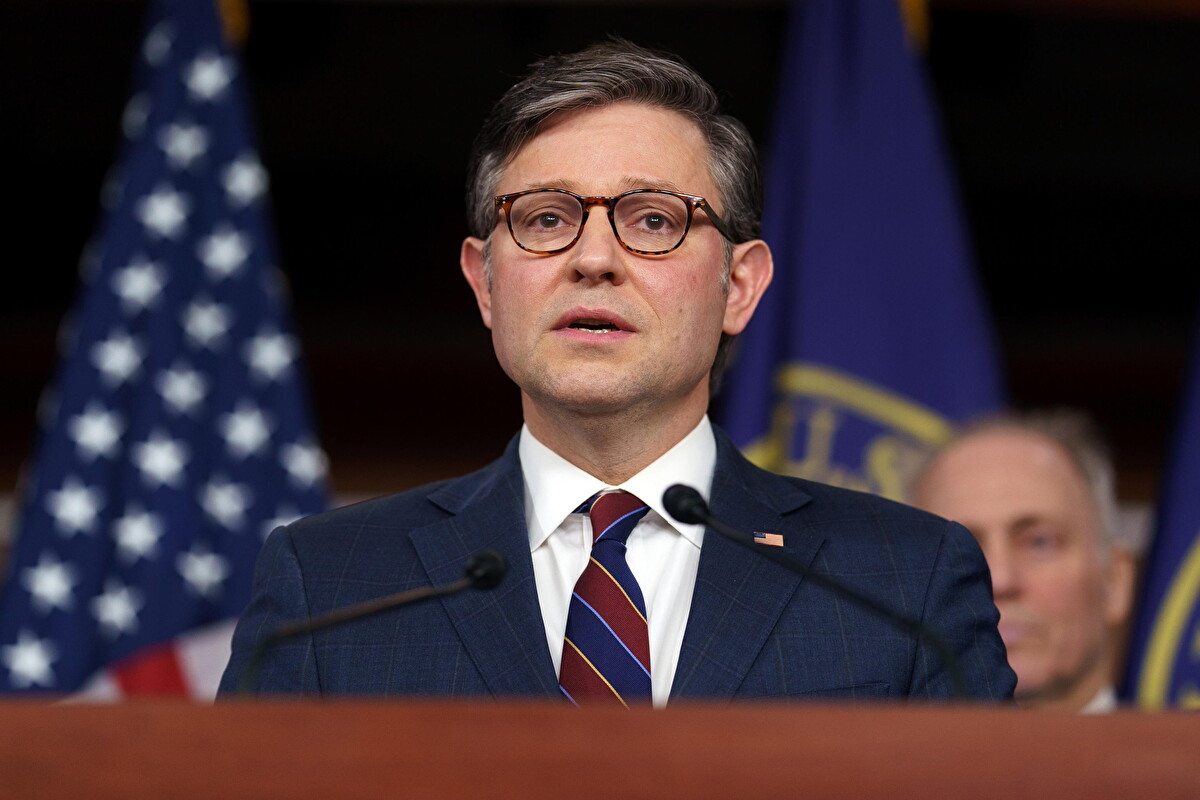A Reuters report from Tuesday profiles a woman in Pennsylvania who is facing $1.8 million in fines for being in the United States illegally. Another undocumented immigrant in Florida is facing a similarly staggering amount owed to the government, after being charged $500 a day since they were ordered to leave the country back in 2005, according to a CBS report.
These people are among the thousands that are affected by yet another tactic in the Trump administration’s mass deportation policy, which the Department of Homeland Security announced via social media on March 31. The New York Times reports that the fines amount to over $2 billion, issued across nearly 7,000 people. Government emails obtained by Reuters in April found that the White House is pressuring agencies like Customs and Border Protection to handle the penalties, encouraging them to seize assets and property from those who don’t pay.
The legal basis for the government’s action is a 1996 amendment to the Immigration and Nationality Act of 1952 (INA), the same law that Secretary of State Marco Rubio has used to justify the detention of legal permanent residents without due process based on their political beliefs. Those detentions are being litigated on an individual basis, with a number of people detained being freed after challenging them in court, though some, like Palestinian Columbia graduate Mahmoud Khalil–still remain locked up as their cases move forward–despite not being charged with any offense.
Trump had also invoked the INA during his first term, issuing fines to nine undocumented migrants who had sought refuge in churches. President Biden did away with the fines when taking office in 2021, and changed the policy of immigration authorities on the matter overall. At the time, DHS stated that “the fines were not effective and had not meaningfully advanced the interests” of the agency.
From one presidency to the next, however, the culture has shifted significantly. In a statement to CBS News responding to their report, an ICE spokesperson said that “the best option is to comply with the law and leave the United States.” Scott Shuchart, a top ICE official under Biden, viewed the revival and expansion of this policy in Trump’s second term with some concern. “Their point isn’t really to enforce the law,” he told NBC News last month when the policy was first announced. “It’s to project fear in communities.”












